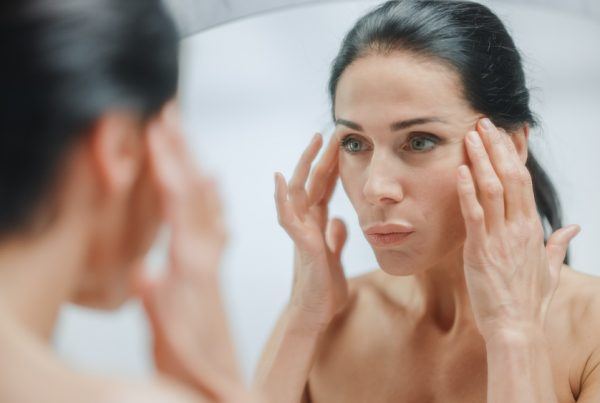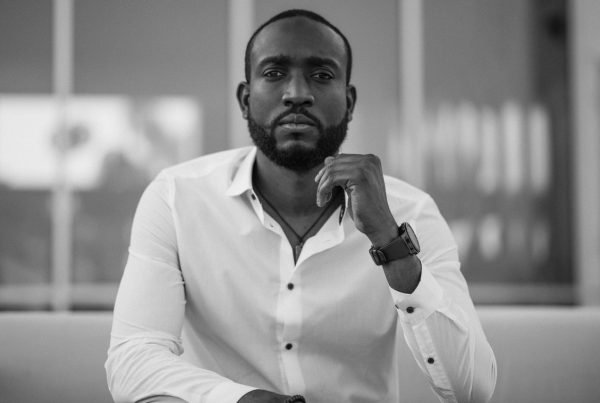Beauty trends have been around for years – from Hollywood glamour in the 1940’s to bold hair and statement eyes in die 1980’s. Celebrity stylists in the fashion, film and music industries play a powerful role in determining these trends. However, the one thing they wouldn’t have been able to predict is that millennials would disrupt the market completely.
Although there are different opinions around what this generation of young adults is going to give back to society, there are a few things they are showing older generations how to do better. Millennials, by nature, want to separate themselves from the crowd; they appreciate individuality and find beauty solutions that work specifically for the. This means they will stop following mainstream trends, and Hollywood is embracing this trend wholeheartedly.
Where does their inspiration come from?
“I get inspired by everyone around me and by the beauty and things I see every day – I don’t necessarily sit and think what is the trend I want to set,” says acclaimed celebrity makeup artist Patrick Ta, in an interview with Byrdie magazine. “It’s a very organic process for me.” And with clients including Gigi and Bella Hadid, there are many influential millennials he can reach through his work.
But it’s not just makeup artists who are looking for inspiration from the things around them; it’s everyone, and especially the youth. Being expected to live up to a certain celebrity’s aesthetic standards is becoming tired, which is why the focus is shifting away from what trends the media is advocating, toward sources we can relate to more easily, the majority of which are online, such as social-media influencers.
Moving on to simpler things
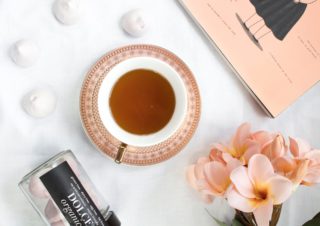
It’s no surprise that k-beauty, short for Korean beauty, took the world by storm, given that South Koreans are known for their beautiful, healthy and youthful skin – referred to in the beauty industry as “glass skin”. Besides the fact that most Asians follow low-glycaemic diets and live in regions that have favorable weather conditions for the skin, South Koreans also swear by an extensive 10-step skincare routine.
The sheer variety and originality of the products – two of our favorite examples being modelling masks or sheet masks that aim to pump the skin with collagen, peptides, hyaluronic acid, vitamins and more – have made daily skincare regimes more fun. Not to mention that k-beauty is also based on personalisation and affordability, so luxurious beauty is becoming more attainable for many individuals.
But although k-beauty has made a name for itself, the overall idea behind what a beauty regime should encompass is changing. People are shifting their focus away from extravagant beauty rituals, and moving towards beauty that caters to their need for value, personalisation and simplicity. With the Japanese catering to these needs comprehensively, we have a feeling that this year we will be saying goodbye to k-beauty and welcoming j-beauty.
The Japanese have one of the oldest relationships with cosmetics in the world. In fact, their decision to distinguish themselves from the Chinese and create their signature look of powdered skin, straight and long hair, and repainted eyebrows dates back to circa 794 AD. Today, the desire for unblemished and clean skin is still a priority, and they can achieve this through a gentle and uncomplicated regime.
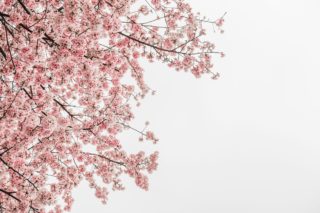
Did you know?
Today, Japanese products embody modern formulas with trusted natural ingredients. You’re looking at using no more than five products in the morning:
- A cleanser
- A hydrator
- A serum
- A moisturizer, and
- An eye cream
It’s all about value for beauty products
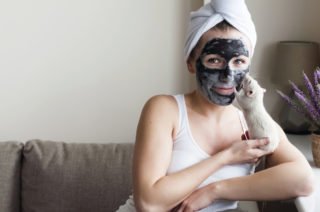
In addition to a demand for simple products that have proven efficacy and are designed to treat personalised concerns, individuals are also looking for products that add value to society. There is a great deal of social awareness around the environmental damage caused to our oceans and landscapes by chemical and synthetic products – and the concerns don’t end there. We have been unknowingly supporting cosmetic brands that contribute to inhumane practices, such as animal testing and the use of sweatshops. Click on the link to find out more about the principles behind j-beauty. The media has played a major role in exposing the brands that do not consider the environment or humanitarian causes, with graphic and disturbing reports.
This has kick-started buyers into paying more attention to beauty packaging labels.
Today, brands that promote the fact that they are cruelty-free, recycle their materials, consider global warming and the ecology in their production, and manufacture locally are all praised by consumers and are increasingly sought-after. And it’s not just the products you’ll find in a health shop; it’s big companies – such as Urban Decay, Smashbox, Nimue, Kevin Murphy and Environ – that are taking monumental steps to ensure that their brands remain relevant and desirable.
Whether it’s because of social media influencers, the accessibility of online information or the media that’s no longer afraid to expose these brands, today’s consumers are becoming more astute, more inquisitive and, as a result, more demanding of the brands that they support. With each individual who joins this movement, society takes a step closer to achieving an improved holistic approach to beauty.
Want to know more?
As part of our product reviews, we’re looking at the latest and most exciting beauty-buys that take your skin type and skin issue into consideration. That way, you’ll know exactly what to expect when the newest products hit the shelves. For this article, we reviewed the new Guerlain Orchidée Impériale Longevity Concentrate Serum.


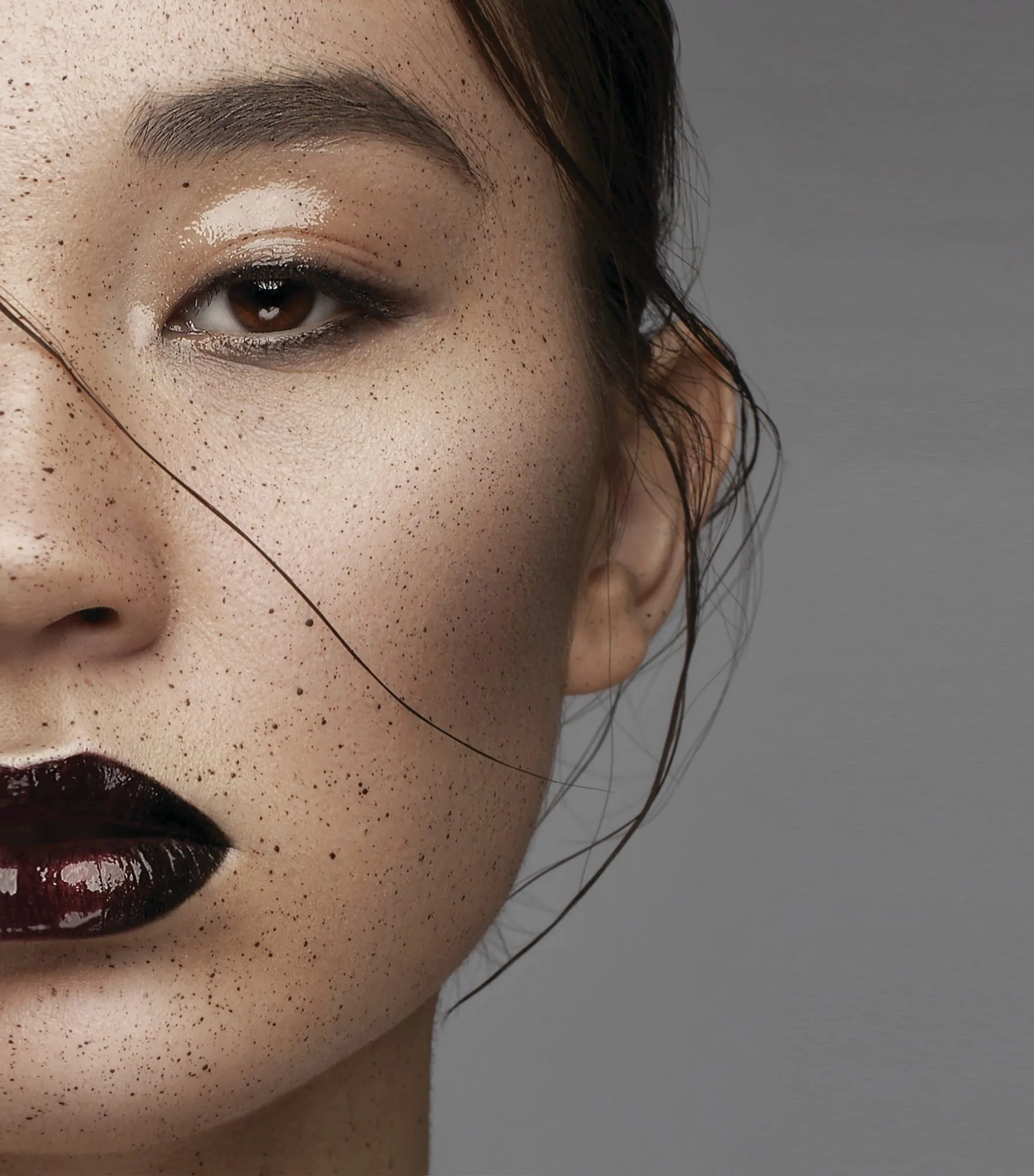


![women [longevity live]](https://longevitylive.com/wp-content/uploads/2020/01/photo-of-women-walking-down-the-street-1116984-100x100.jpg)





